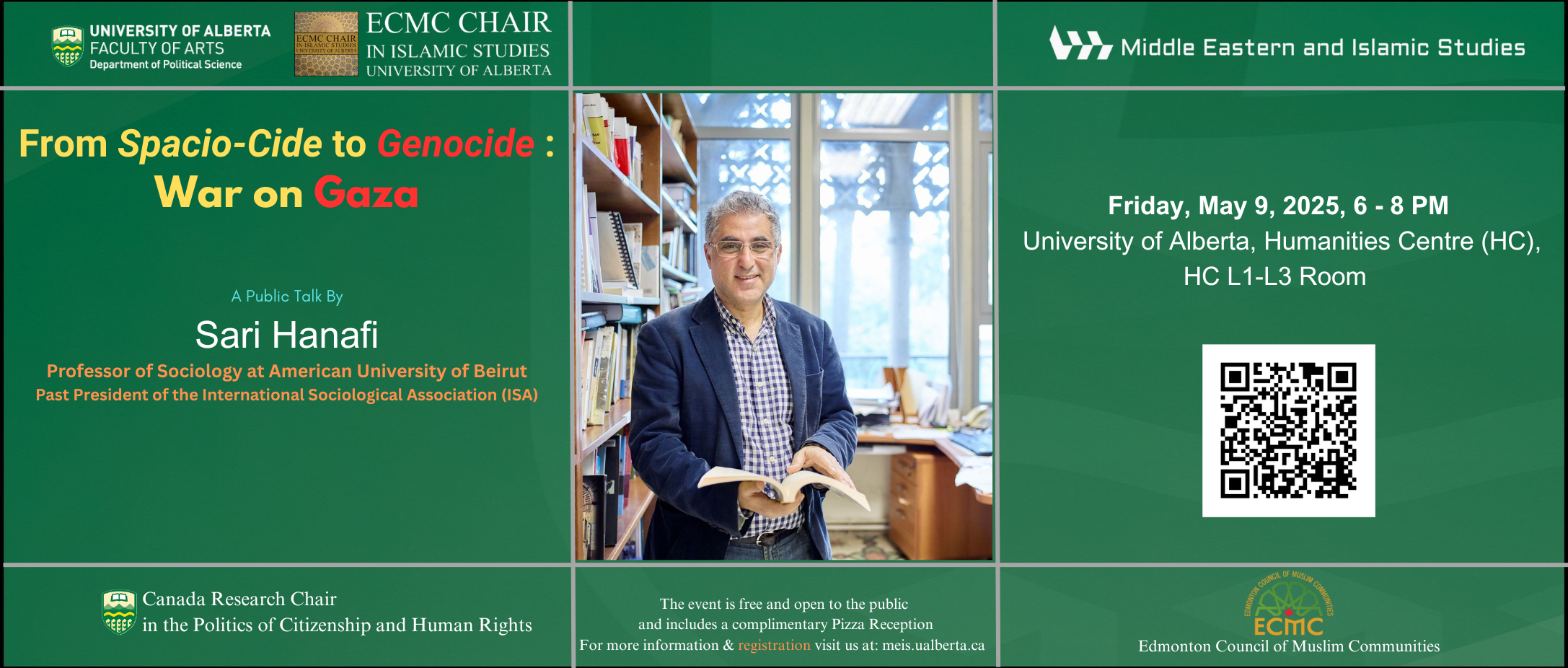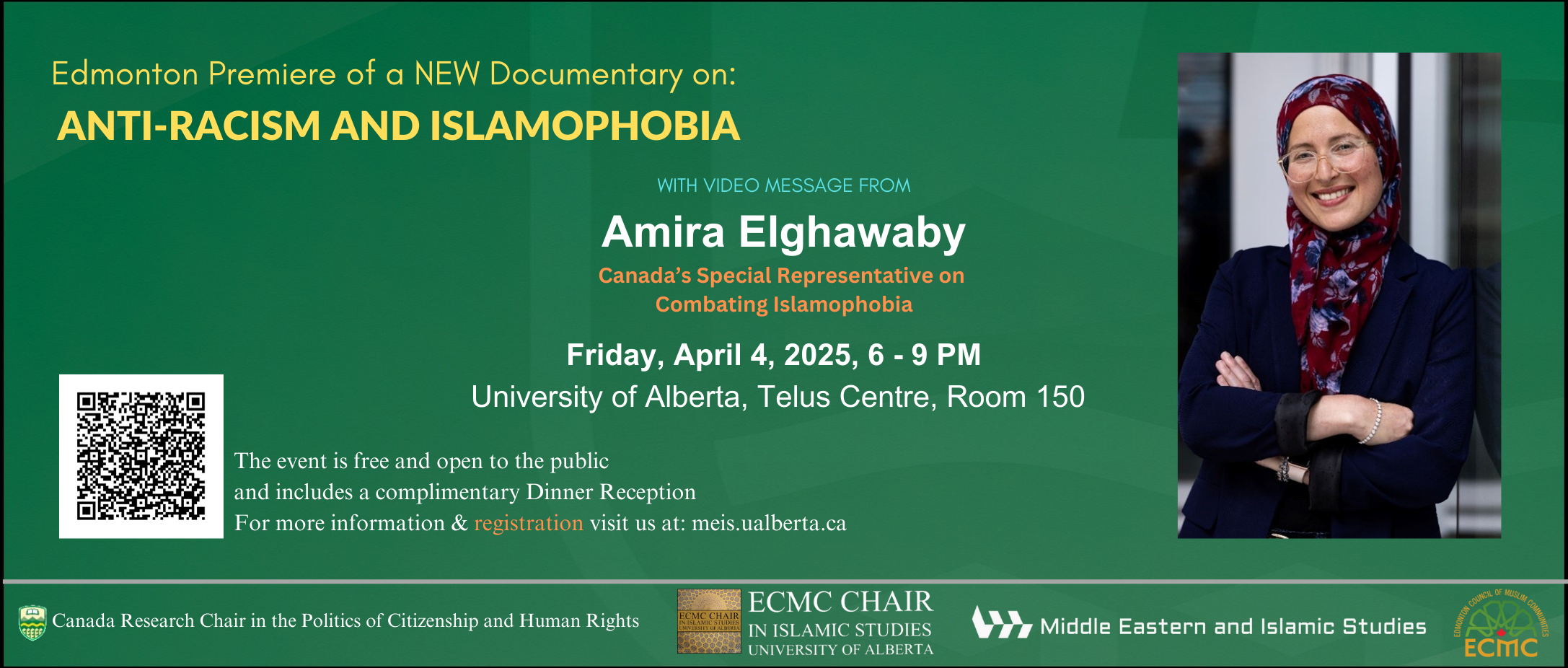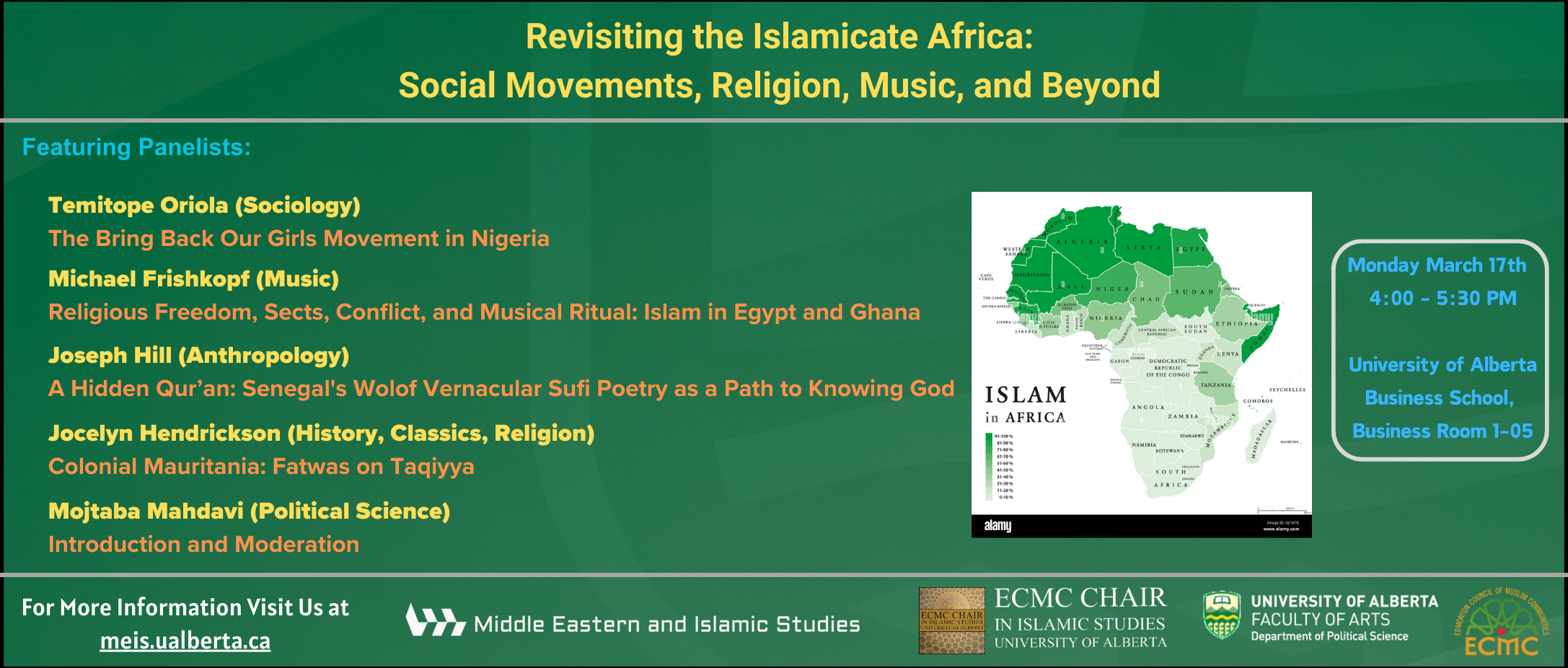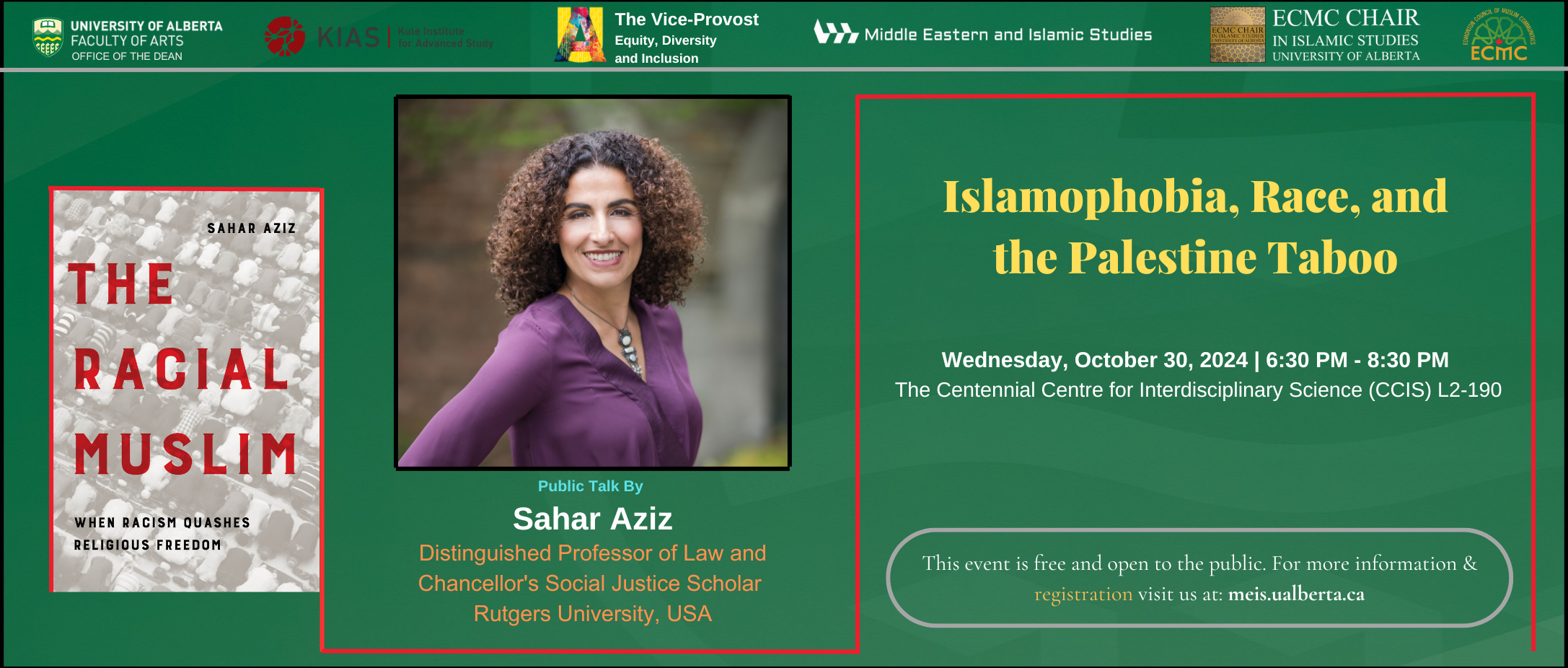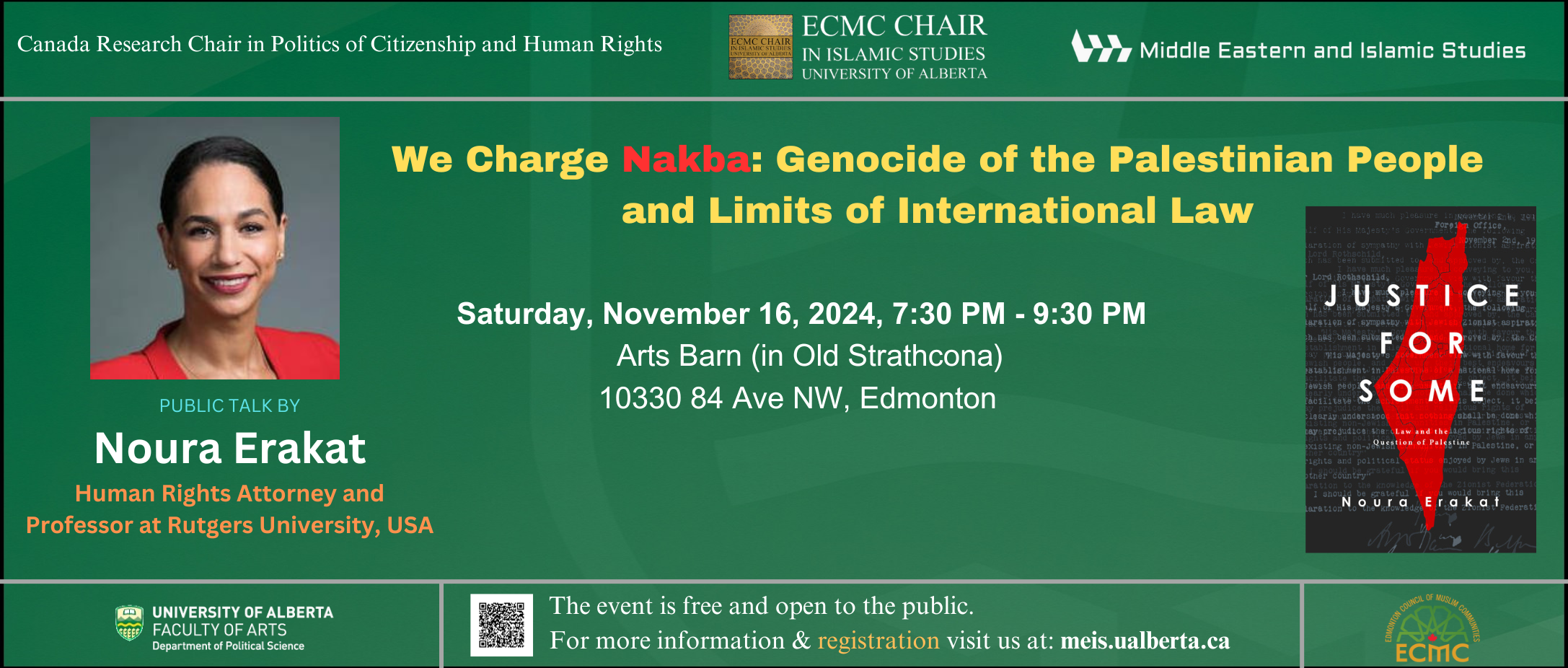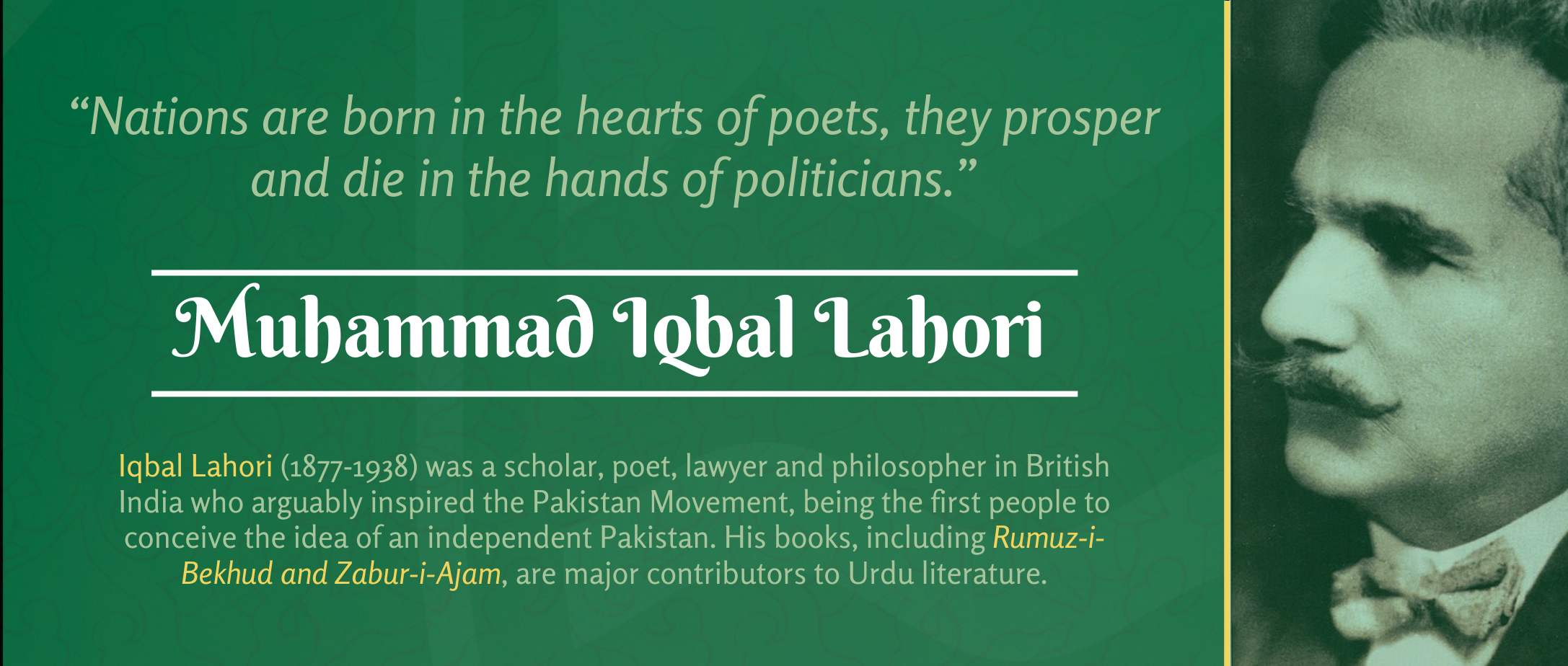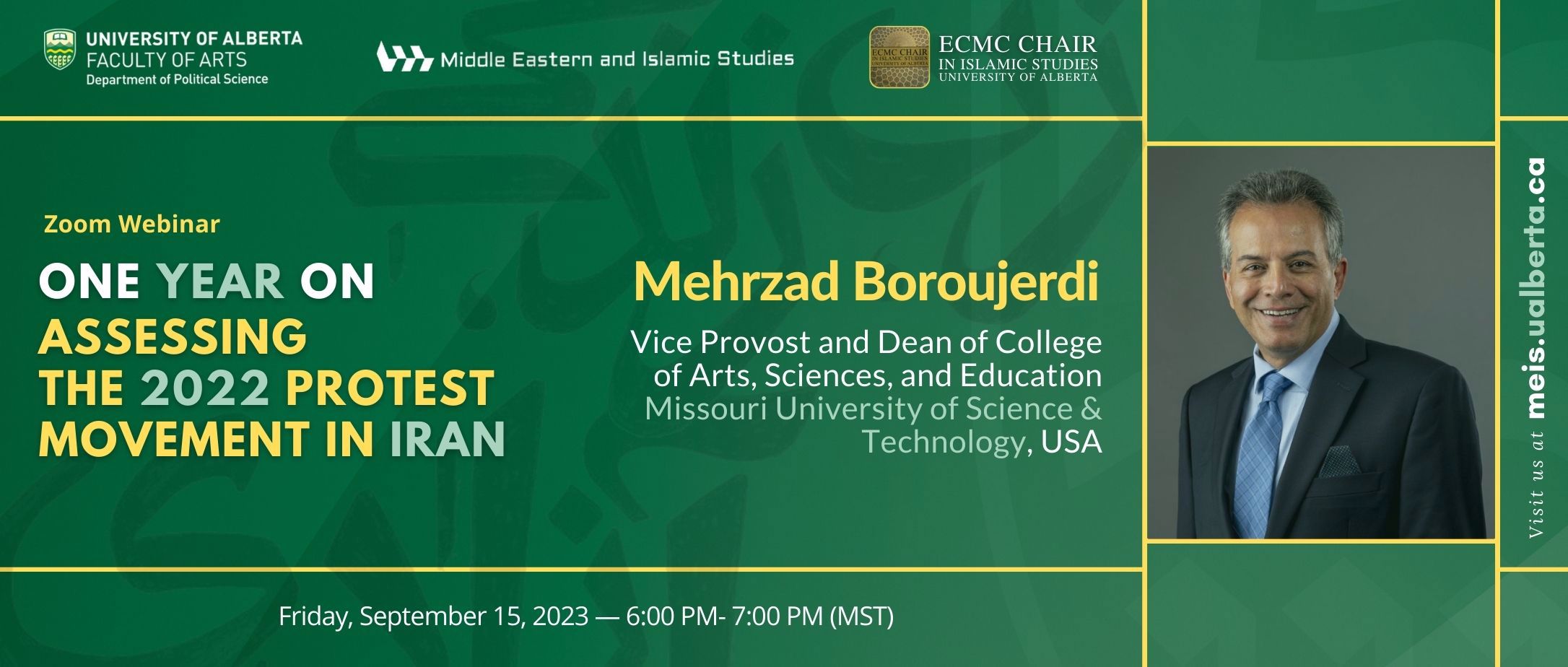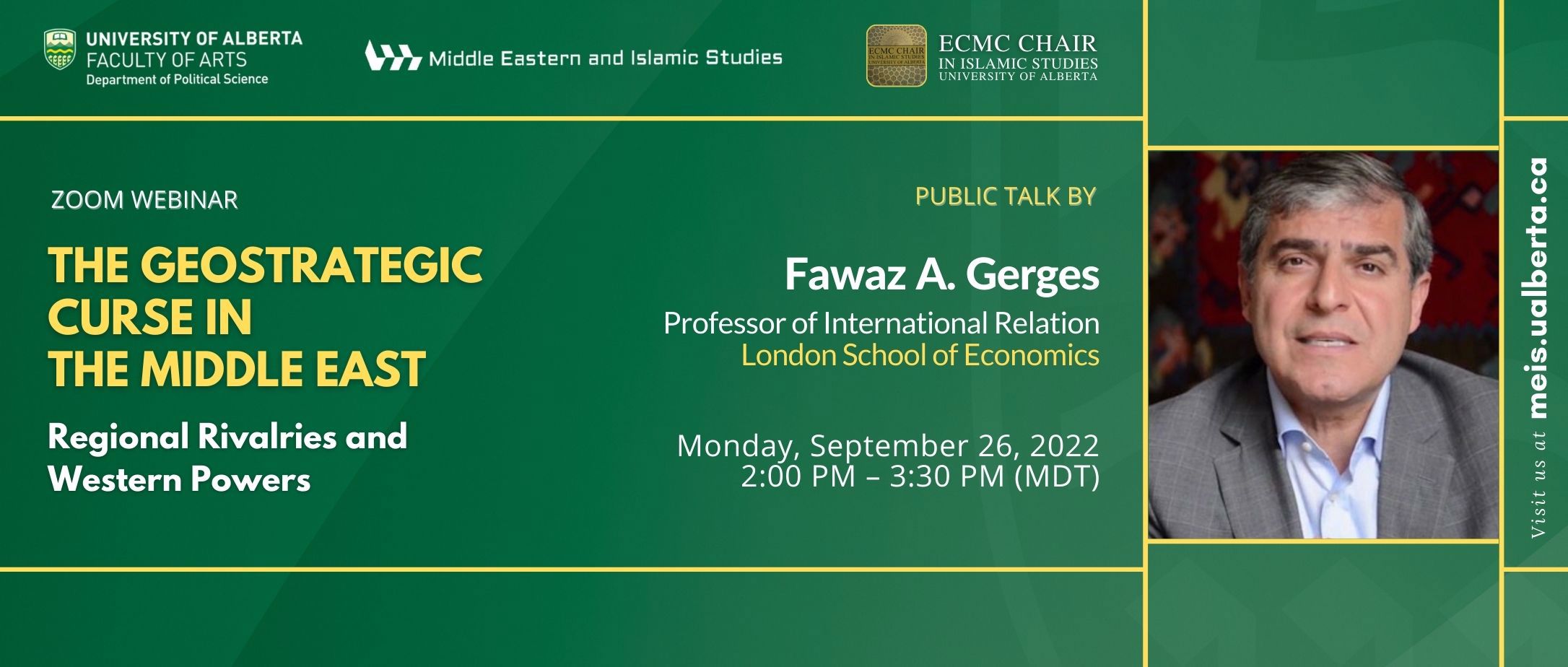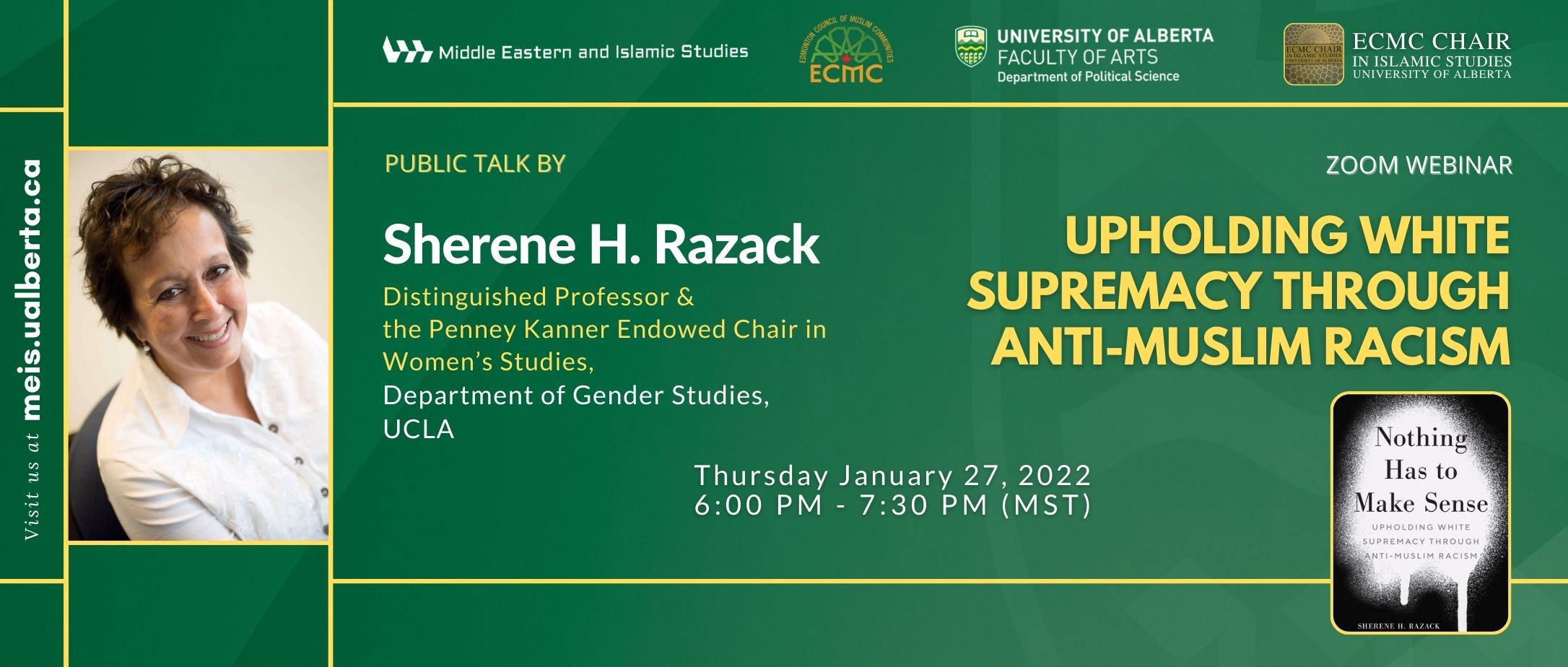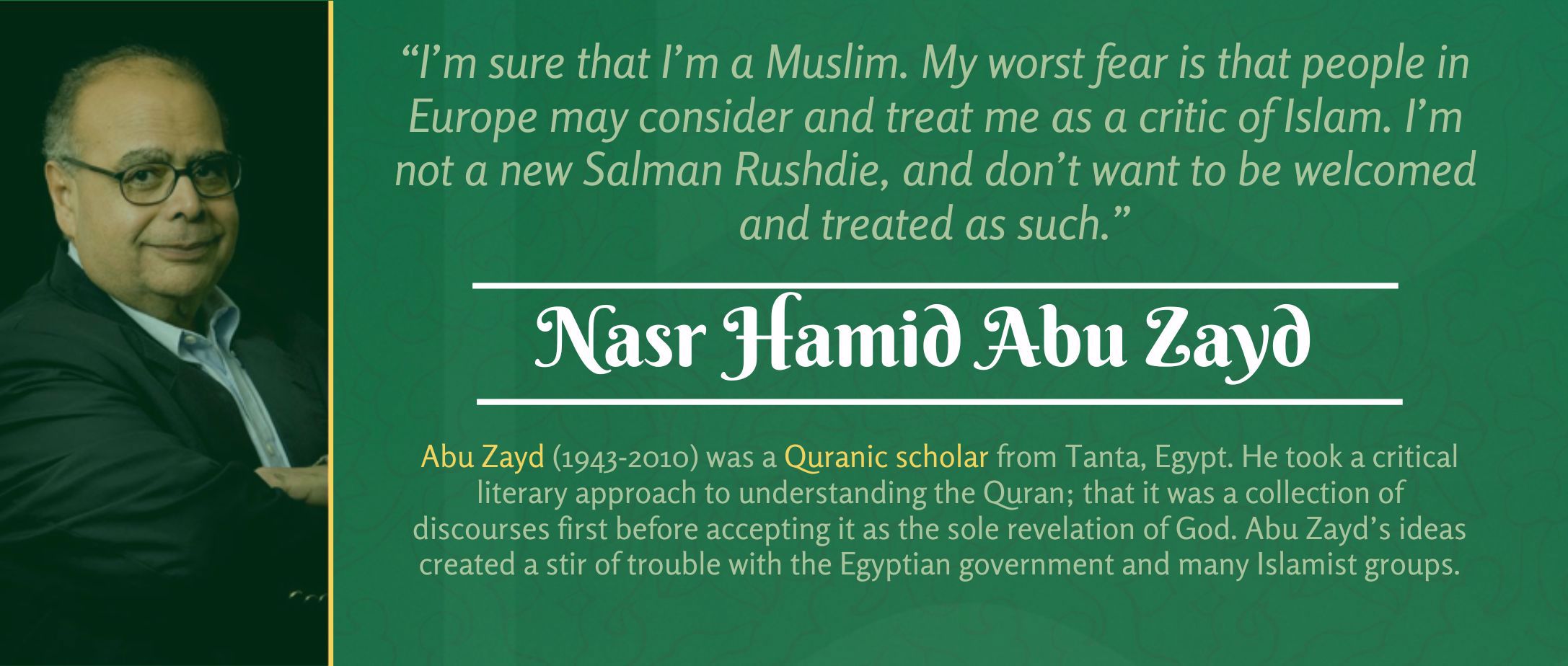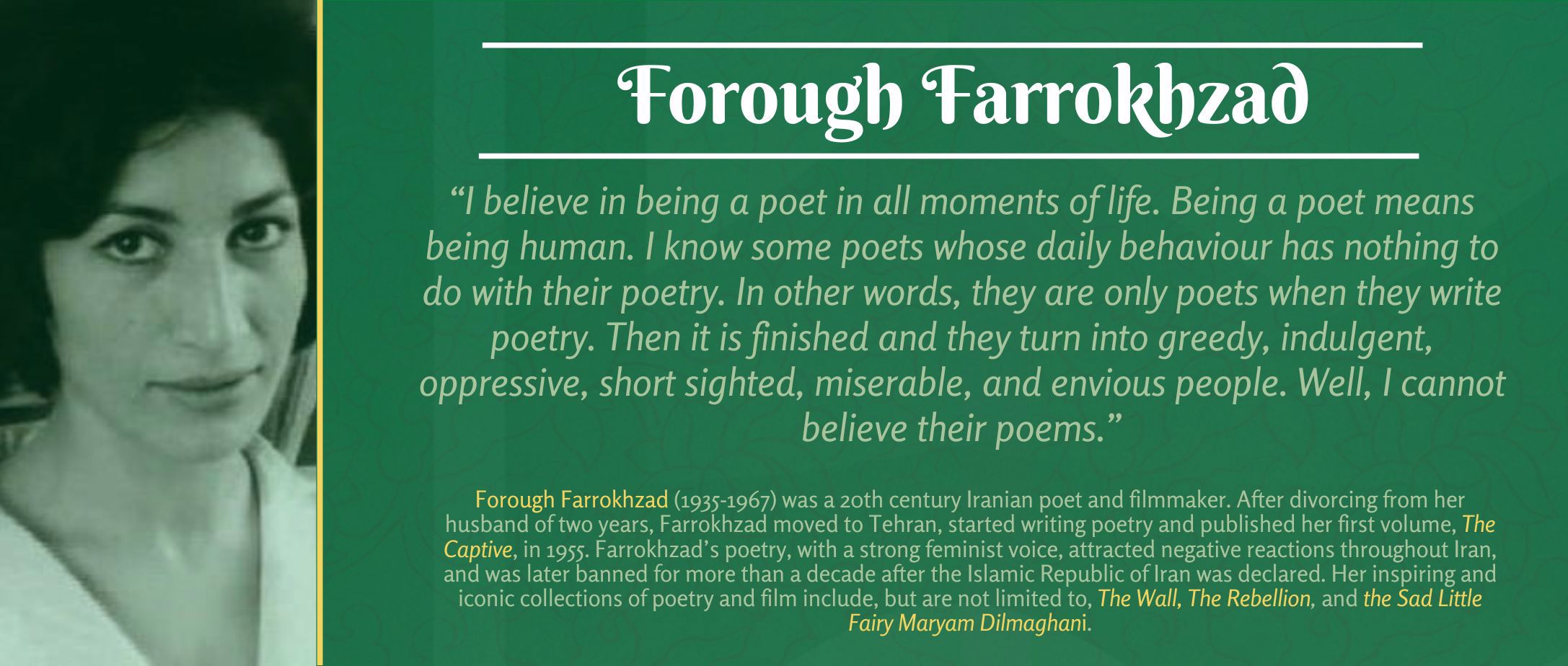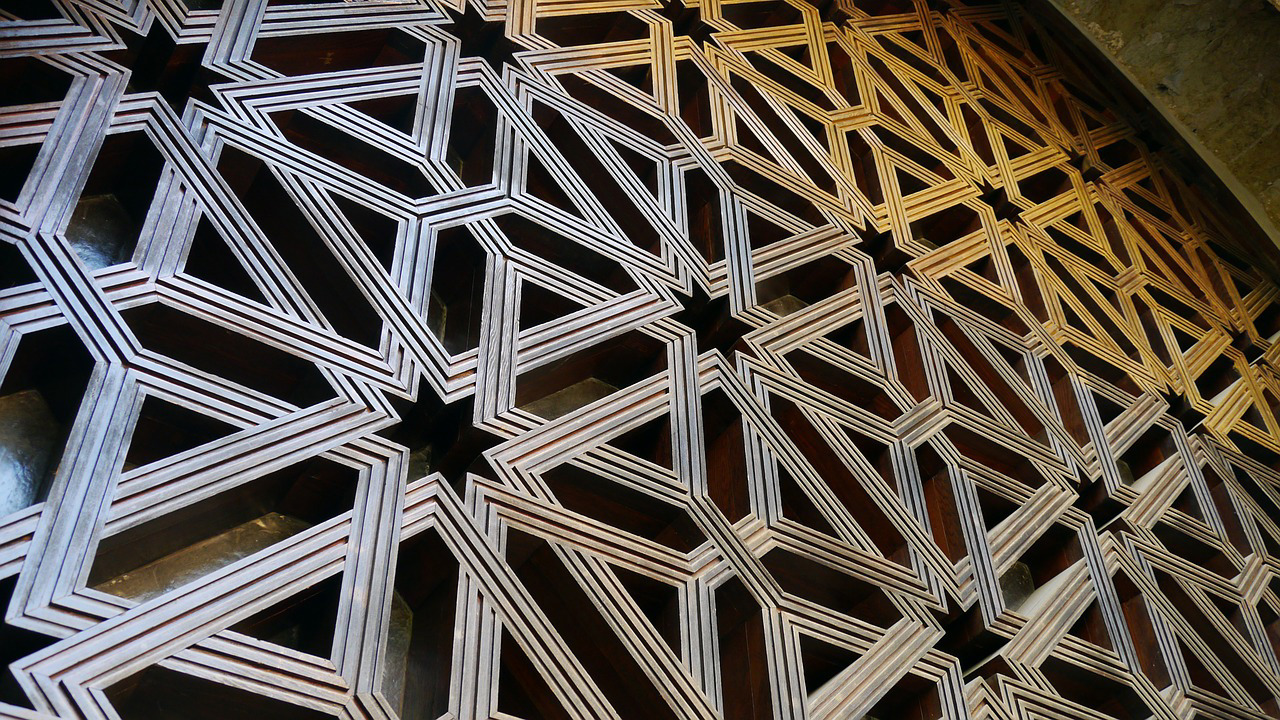Home
About
Announcements
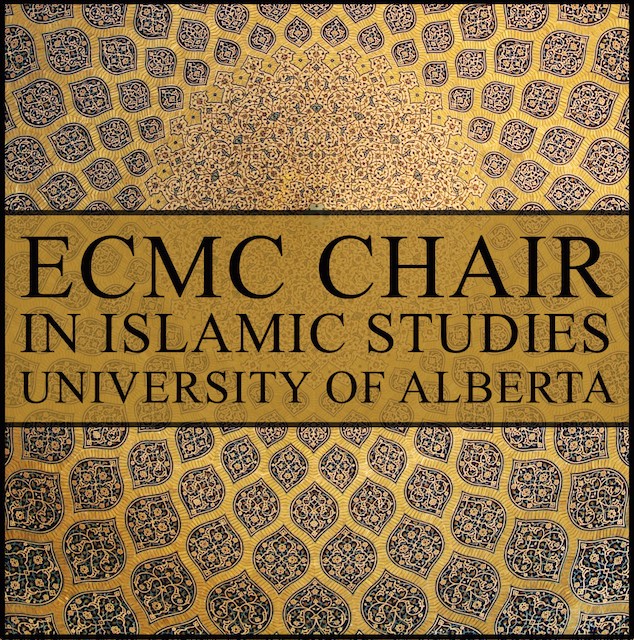
Graduate students in the Faculty of Arts whose research projects are focused on socio-cultural, historical, religious, and/or political issues in Muslim contexts are encouraged to apply. Read More
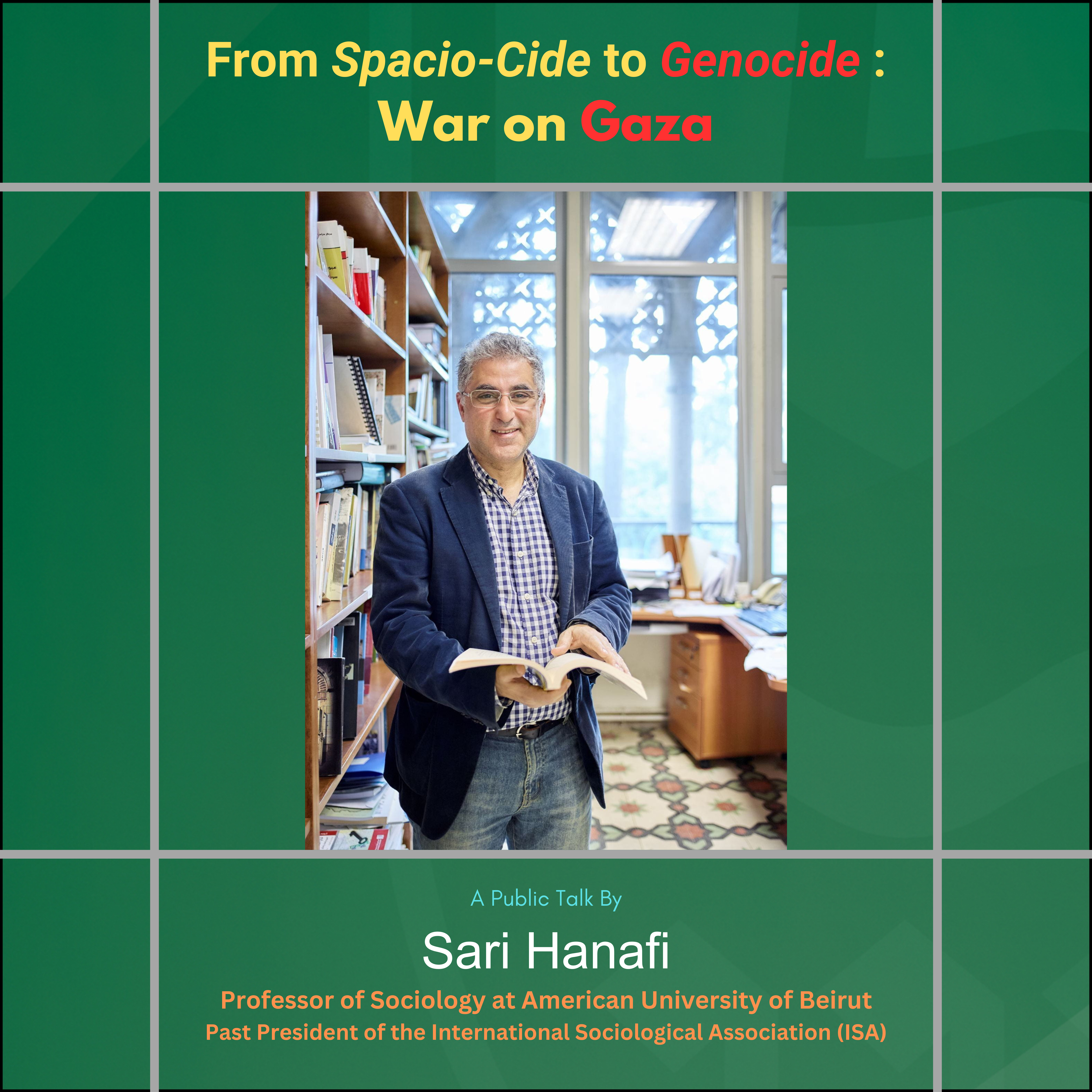
Public Talk By Sari Hanafi | Professor of Sociology at American University of Beirut, Lebanon When: Friday, May 9, 2025 (6:00-8:00 PM) Where: University of Alberta, Humanities Centre (HC), HC L1-L3 Room Read More
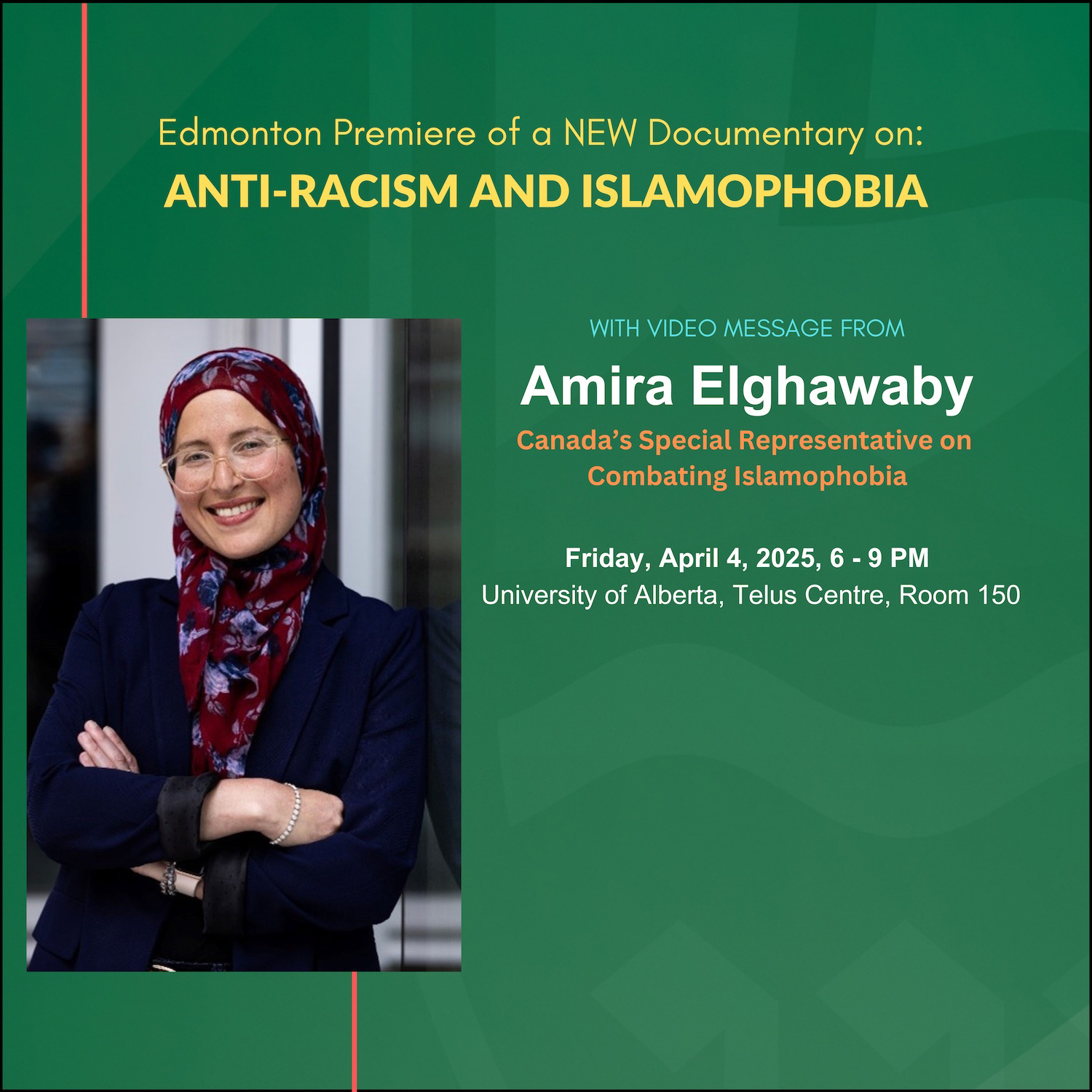
With Video Message from AMIRA ELGHAWABY, Canada’s Special Representative on Combatting Islamophobia When: Friday April 4, 2025 (6:00-9:00 PM) Where: University of Alberta, Telus Centre, Room 150 111 Street 87 Avenue NW Edmonton, AB T6G 2R1 Read More



